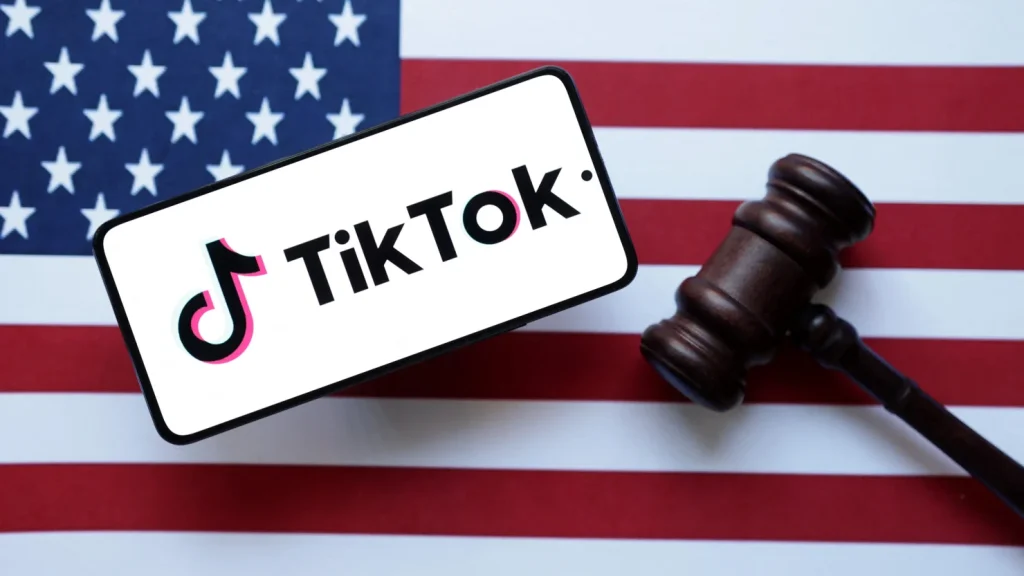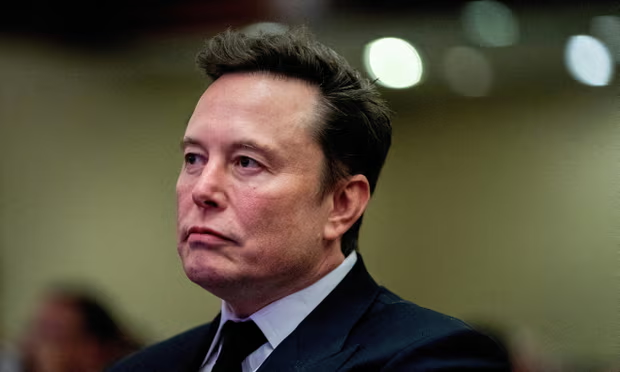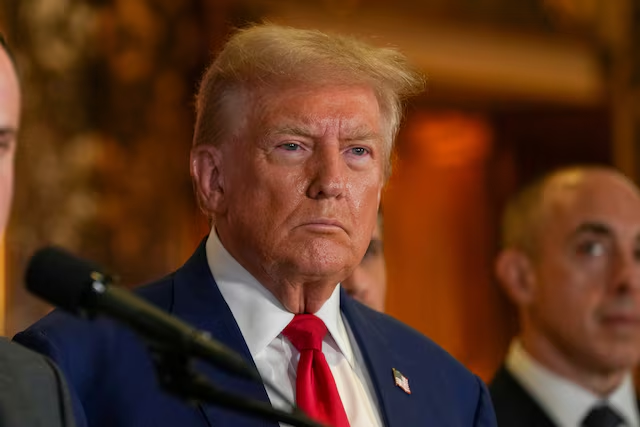U.S. Supreme Court will hear arguments over TikTok divestment law

The U.S. Supreme Court has agreed to hear arguments concerning a significant case involving TikTok, the popular social media app. At the heart of the case is the question of whether the U.S. government can legally force the app’s parent company, ByteDance, a Chinese technology firm, to divest its ownership of TikTok in the United States. This case is poised to have major implications for both the future of TikTok in the U.S. and the broader relationship between the U.S. and China, particularly regarding issues of data privacy, national security, and tech industry regulations.
Background of the TikTok Divestment Issue
The controversy surrounding TikTok has been brewing for several years, fueled by national security concerns raised by U.S. lawmakers and intelligence agencies. The U.S. government has expressed fears that TikTok could be used by the Chinese government to collect data on American citizens, thus posing a potential threat to U.S. national security. The app, which allows users to create and share short-form videos, has gained millions of users in the U.S., including teenagers and young adults, making it one of the most widely used social media platforms globally.
In 2020, under the administration of then-President Donald Trump, the U.S. government moved to ban TikTok unless ByteDance sold its U.S. operations to an American company, citing concerns over data privacy and national security risks. However, the ban was never fully implemented, and legal challenges by TikTok delayed any major changes to its operations in the U.S. The Biden administration later continued to scrutinize TikTok, with officials suggesting that the app’s potential ties to the Chinese government remained a threat.
In 2023, the U.S. Congress passed a law requiring certain foreign-owned companies, including TikTok, to divest from U.S. operations if their ownership raised national security concerns. This law has set the stage for the current legal battle. ByteDance has rejected these claims, maintaining that it operates TikTok independently and that user data is stored in the U.S., with access strictly limited to authorized personnel. Despite these assurances, U.S. lawmakers remain unconvinced, and the case has now reached the Supreme Court.
Legal and Constitutional Issues
The central question that the Supreme Court will address is whether the U.S. government has the constitutional authority to compel a company to sell its business under the guise of national security. The law under consideration provides a framework for the government to force the divestment of foreign-owned companies when national security is at stake, but it raises significant legal questions about the extent of government power in regulating foreign businesses and protecting national interests.
A key aspect of this case is whether the law violates the constitutional protections of due process and property rights. Critics of the divestment law argue that the government should not be able to compel the sale of a private company without sufficient evidence of a direct threat to national security. They contend that TikTok’s parent company, ByteDance, has taken reasonable measures to address concerns about data security and that any actions to force a sale would be an overreach of government power.
Additionally, the case raises questions about the balance of power between the executive and legislative branches of the U.S. government. The divestment law was passed by Congress, but TikTok’s legal team argues that its enforcement represents an undue expansion of executive authority. The decision of whether to enforce the law may hinge on whether the court believes the government’s national security concerns are substantial enough to justify such an extraordinary measure.
Implications for TikTok and U.S.-China Relations
The outcome of this case will have significant consequences for TikTok and its millions of U.S. users. If the Supreme Court upholds the law and requires ByteDance to sell its U.S. operations, it could force TikTok to restructure its business in the U.S. or even exit the market altogether. A forced divestment would likely lead to a disruption of TikTok’s operations in the U.S., affecting both users and advertisers. It could also lead to a reshaping of the broader social media landscape in the U.S., potentially giving competitors like Instagram Reels, YouTube Shorts, and Snapchat an advantage.
On a larger scale, the case could have far-reaching implications for U.S.-China relations, which have been marked by growing tensions over trade, technology, and national security issues. A ruling against TikTok could escalate tensions between the two countries, especially in the tech sector, where China has increasingly sought to exert influence over global markets. Such a move could also signal a broader strategy by the U.S. to limit Chinese influence in the digital realm, which could lead to further scrutiny of other Chinese companies operating in the U.S.
Additionally, the case reflects a growing trend of regulatory intervention in the tech industry, particularly when it comes to foreign ownership and data privacy. Countries around the world are grappling with how to regulate the massive influence of tech giants like TikTok, Facebook, and Google, and this case could set an important precedent for how governments approach foreign tech companies in the future.
Broader Implications for Tech Regulation
Beyond TikTok, the case could influence how the U.S. government approaches other foreign tech companies operating within its borders. The law could set a precedent for how foreign-owned businesses in sectors like telecommunications, finance, and entertainment are regulated, particularly if national security concerns are raised. It could lead to increased scrutiny of Chinese tech firms like Huawei and Tencent, which have faced similar scrutiny due to concerns about data security and the influence of the Chinese government.
Moreover, the case underscores the growing intersection of technology and geopolitics. As tech companies expand their global footprint, governments are increasingly concerned about the risks posed by foreign influence over digital infrastructure and data. In the case of TikTok, the app’s massive global user base has made it a focal point for national security discussions, as the collection and use of data by tech companies become a more prominent issue on the international stage.
The U.S. Supreme Court’s decision to hear arguments over the TikTok divestment law represents a critical moment in the ongoing debate over tech regulation, national security, and the relationship between the U.S. and China. The case raises fundamental questions about government power, constitutional rights, and the future of international business in a rapidly changing digital landscape. Whatever the outcome, the case will likely set an important precedent for how the U.S. approaches foreign-owned tech companies in the years to come, shaping the regulatory environment for both the tech industry and global commerce.






